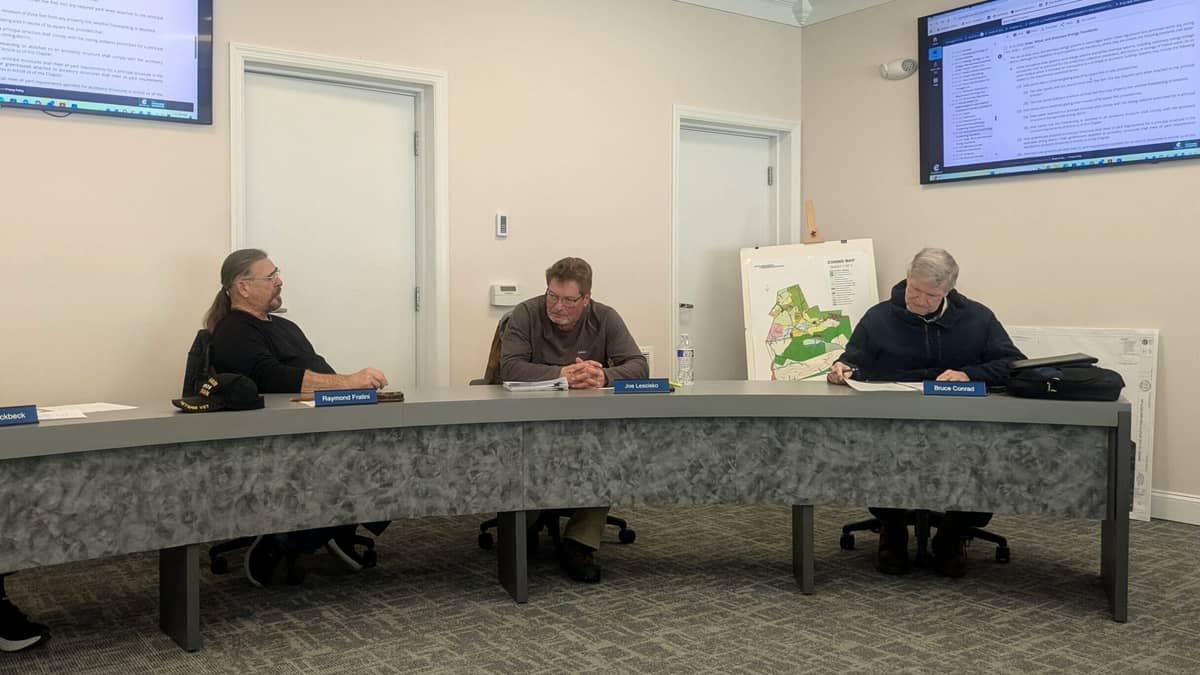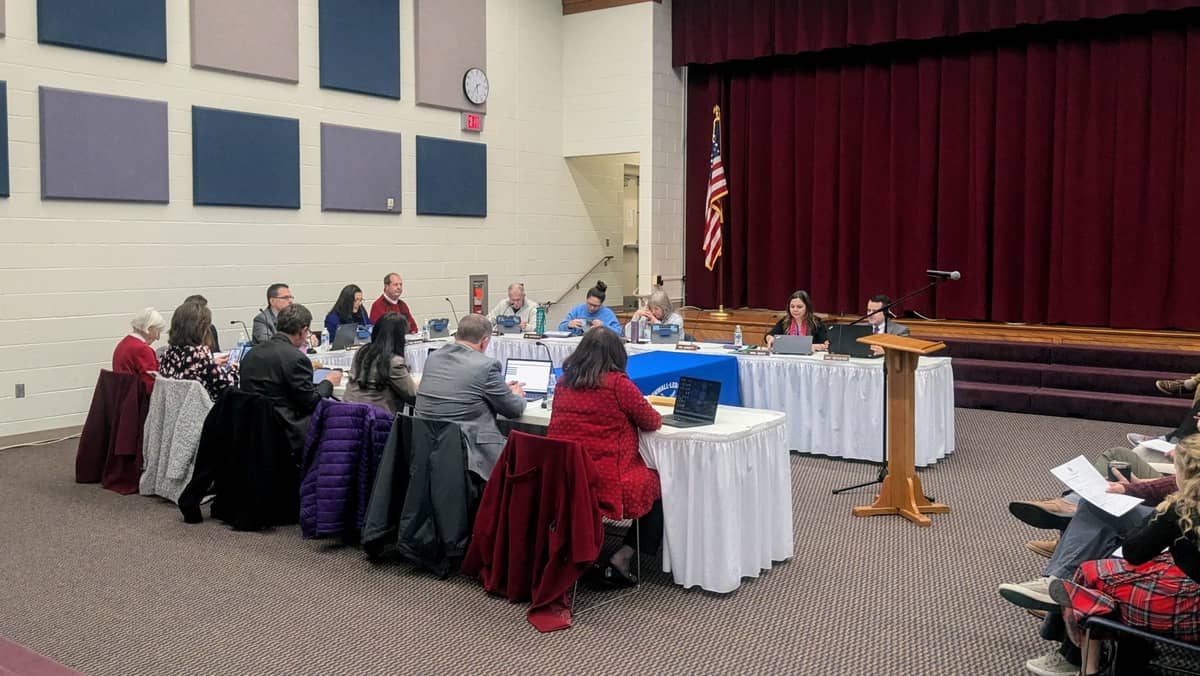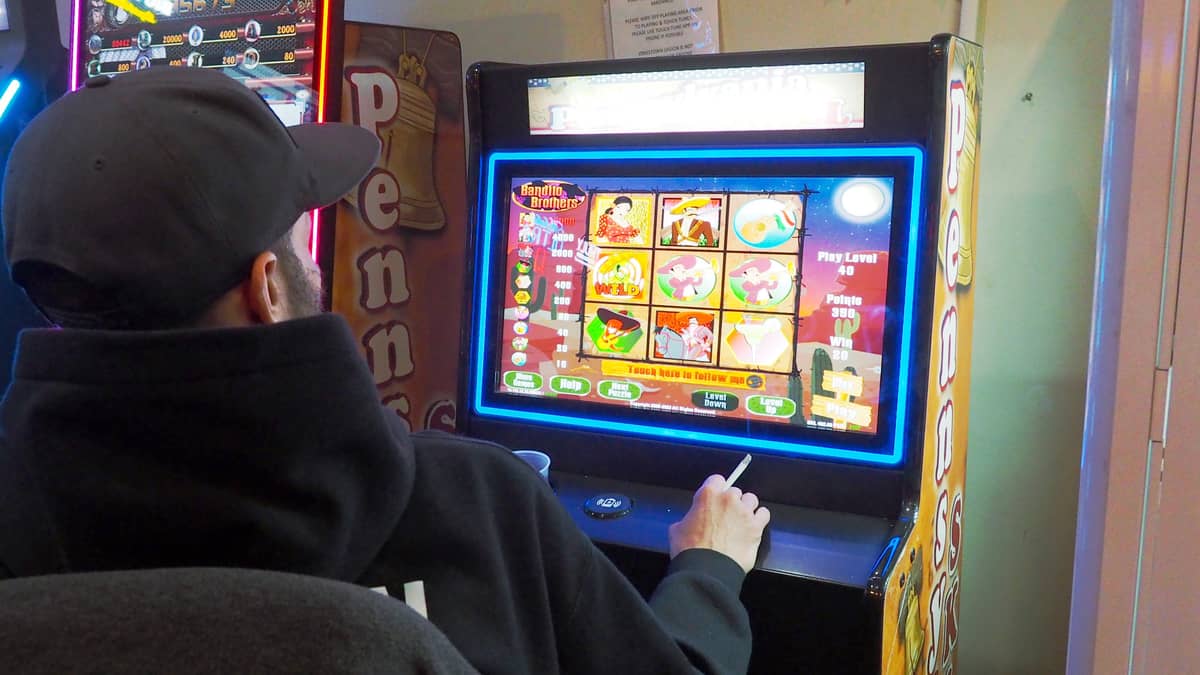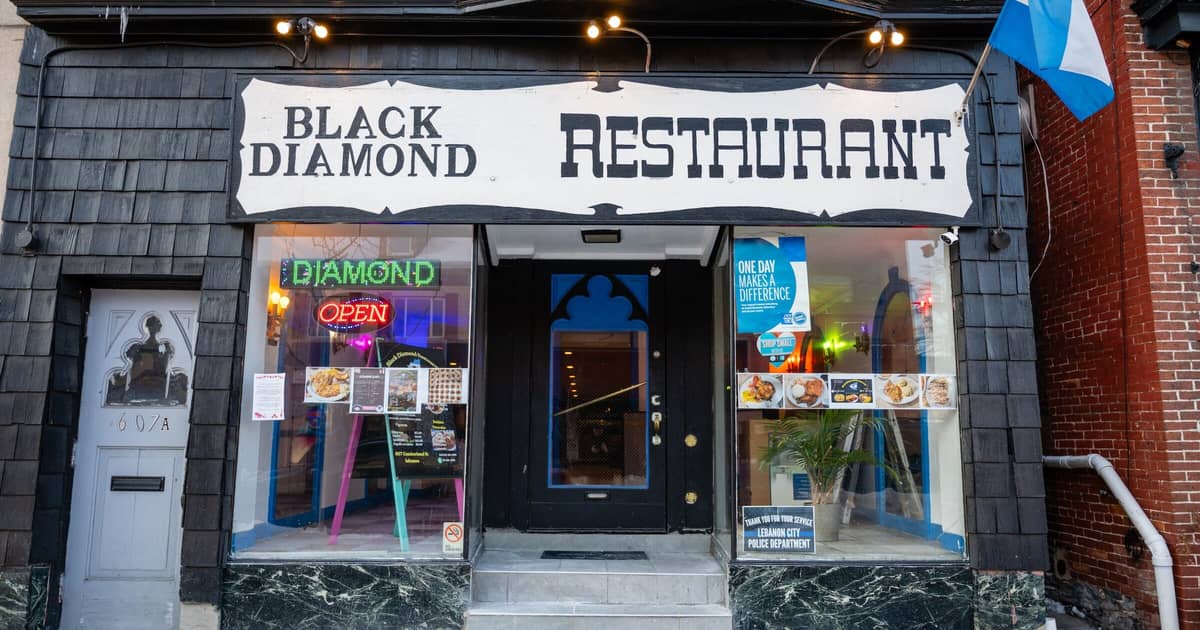This article is shared with LebTown by content partner Spotlight PA.
By Stephen Caruso of Spotlight PA, Kate Huangpu of Spotlight PA, and Katie Meyer of Spotlight PA
This story has been updated to reflect a statement from Gov. Josh Shapiro that confirmed earlier reporting by Spotlight PA.
HARRISBURG — Gov. Josh Shapiro says he plans to scrap his push for private school vouchers in Pennsylvania’s state budget in order to close a deal with the commonwealth’s divided legislature five days after the deadline.
The Democrat issued a statement Wednesday acknowledging that talks had deadlocked over a $100 million voucher program, which he had supported and which state Senate Republicans passed as part of their budget proposal last week. Pennsylvania House Democratic leaders oppose vouchers and had refused to act on the Senate’s bill.
Shapiro’s solution, he said, was to promise state House Democrats that if they pass the Senate’s budget, he will then line-item veto the vouchers from the $45.5 billion spending plan.
“Our Commonwealth should not be plunged into a painful, protracted budget impasse while our communities wait for the help and resources this commonsense budget will deliver,” Shapiro said in a statement.
Spotlight PA had previously reported the existence of Shapiro’s plan to cut vouchers out of the budget deal.
In his statement, Shapiro said that over the weekend, state House Democrats requested a legal memo from his administration that confirmed that any voucher program passed as part of the budget could not be implemented without separate enabling legislation — legislation that House Democrats might be able to block.
“Knowing that the two chambers will not reach consensus at this time to enact [the voucher program], and unwilling to hold up our entire budget process over this issue, I will line-item veto the full $100 million appropriation and it will not be part of this budget bill,” Shapiro said.
In a letter to state Senate Republicans viewed by Spotlight PA, House Majority Leader Matt Bradford (D., Montgomery) wrote Wednesday that his chamber plans to take Shapiro at his word.
“With the Governor’s assurance that he neither has the legal authority nor intention to move forward with [vouchers] at this time, the House will consider [the Senate budget bill] on concurrence later today,” Bradford wrote.
The voucher program would fund private school scholarships for students in low-achieving public school districts.
The deal that included it, which passed the state Senate 29-21 on Friday, included key Democratic priorities like increased education funding, universal free school breakfast, and the commonwealth’s first-ever funding for public legal defense. However, Democrats viewed the vouchers as a poison pill.
When they passed their plan last week, state Senate GOP leaders made it clear that their support was contingent on vouchers being included, with Senate President Pro Tempore Kim Ward (R., Westmoreland) telling reporters that any plan that didn’t include vouchers would have to have “a different number.”
This new maneuver from Shapiro, assuming continued support from state House Democrats, would not require the proposed plan to go back to the Senate, thus circumventing Republicans there. Republican leaders did not immediately return a request for comment.
While Bradford has said House Democrats are on board with Shapiro’s plan, members of the caucus expressed doubts throughout the day Wednesday about any plan that would require them to approve a budget with vouchers and rely on the governor to then eliminate them.
“There’s not a lot of trust amongst [Democratic] members and the administration,” one House Democrat, who requested anonymity to discuss ongoing budget negotiations, told Spotlight PA.
The governor has the power to selectively veto individual appropriations while leaving the rest of the budget intact. That power was last used in 2021, when former Democratic Gov. Tom Wolf line-item vetoed additional funding for the state’s auditor general that legislative Republicans said was meant to fund election audits.
Members of the state House and Senate can override a governor’s veto if they muster support from two-thirds of their chamber. It’s unlikely that Senate Republicans — who passed their budget plan last week with a less than two-thirds majority, and with support from only one Democrat — can change the budget’s path.
The deal would raise spending by about 5% over last year, with most of that new money going toward education — a priority for Democrats. But with the state sitting on about $12 billion in cash reserves, Democrats had hopes for an even bigger increase in light of a court ruling earlier this year that found the state was unconstitutionally underfunding poorer school districts.
The deal also did not include action on a number of other Democratic priorities, including a minimum wage increase and an LGBTQ nondiscrimination measure.
Vouchers emerged as a budget flashpoint in the weeks leading up to the commonwealth’s June 30 deadline.
Shapiro’s administration kicked off speculation about the issue when his education secretary, Khalid Mumin, told the state Senate in a written Q&A that Shapiro would support vouchers so long as they “do not impact school district funding.” Shapiro then doubled down, appearing on Fox News to again express support for voucher programs.
The sudden focus on vouchers led unions across Pennsylvania — particularly the commonwealth’s politically and financially powerful teachers’ unions — to push back strongly against Shapiro.
A broad coalition of labor organizations sent Shapiro a letter urging him to reconsider. Rich Askey, who heads the Pennsylvania State Education Association, said his group had made it “clear” to Shapiro that the unions do not have his back on vouchers, saying that they are “incredibly disappointed.”
At the same time, vouchers received support from a similarly broad group of advocates for school choice — that is, people who believe state dollars should fund a range of educational options, not just public schools.
A group with well-heeled backers launched a barrage of pro-voucher TV ads, and a letter endorsing vouchers went out to Shapiro with signatures from prominent conservatives such as Grover Norquist and former U.S. Education Secretary Betsy DeVos, as well as music industry figures with Philadelphia ties such as rapper Meek Mill and talent manager Troy Carter.
Amid the furor, state Senate Republicans approved a $45.5 billion budget deal that they said had been negotiated in close consultation with Shapiro. It included $100 million in funding for what became known as the Pennsylvania Award for Student Success (or PASS) program.
The program would give students in “low-achieving” school districts between $2,500 and $15,000 in scholarships on a first-come, first-served basis. It would have an income cap of less than 250% of federal poverty guidelines, which means a family of four, for instance, would have to make less than $75,000 annually to qualify. Students awarded scholarships would only be able to use the money for tuition or related expenses at a nonpublic school.
State House Democratic leadership drew a line in the sand, vowing to vote down any voucher program that arrived in the lower chamber. Pennsylvania House Majority Leader Matt Bradford (D., Montgomery) told reporters Friday that he believed “the voucher issue is over.”
At a news conference following the vote, state Senate Republicans made it clear that the budget and lifeline scholarships were intrinsically linked and that they intended to slim down any budget deal without funding for the scholarships.
In his statement Wednesday, Shapiro said he had secured a commitment from Bradford that going forward, House Democrats will “carefully examine and consider additional education options” that are priorities for Republicans, including the PASS program and two existing programs that give tax breaks to companies that fund private school scholarships.
Shapiro added that Bradford had written a letter to Pennsylvania Senate Majority Leader Joe Pittman (R., Indiana) directly making that pledge.
In that letter, which Spotlight PA has viewed, Bradford reaffirmed that state House Democrats “disagree” on whether vouchers are the best way to improve Pennsylvania schools.
But he added that “while no voucher proposal will be part of this year’s budget, I commit to both you and Governor Shapiro that I will take the time to examine and seriously consider the efficacy and constitutionality of any such proposal.”
Bradford said he has instructed the House Democratic chairs of the appropriations and education committees to “hold joint hearings on education funding broadly and in particular to examine existing and potential additional options,” the PASS program and scholarship tax credits among them.
WHILE YOU’RE HERE… If you learned something from this story, pay it forward and become a member of Spotlight PA so someone else can in the future at spotlightpa.org/donate. Spotlight PA is funded by foundations and readers like you who are committed to accountability journalism that gets results.























